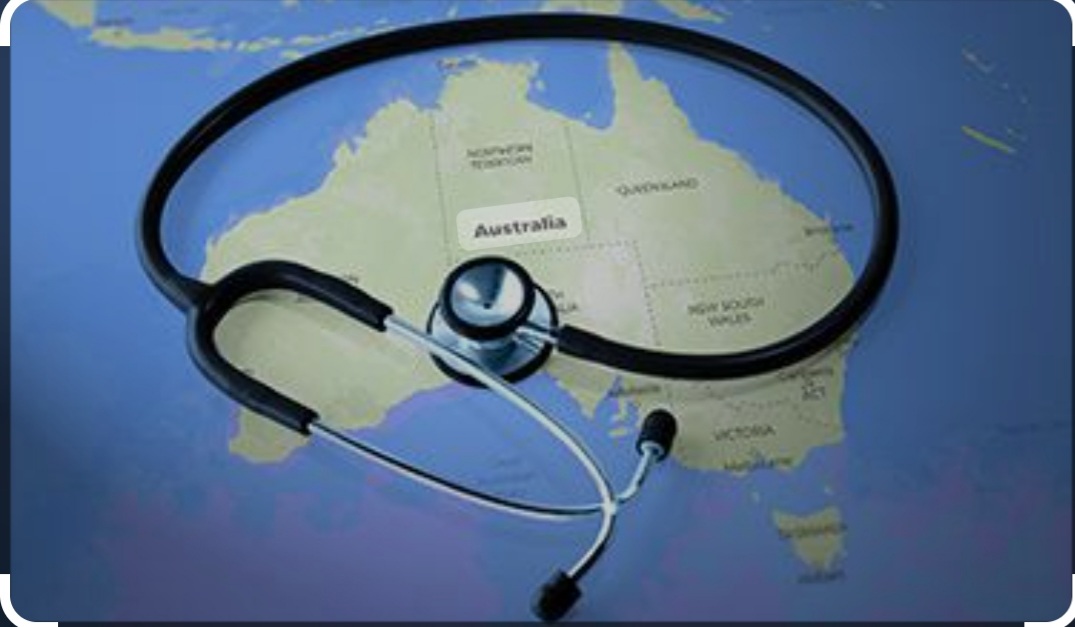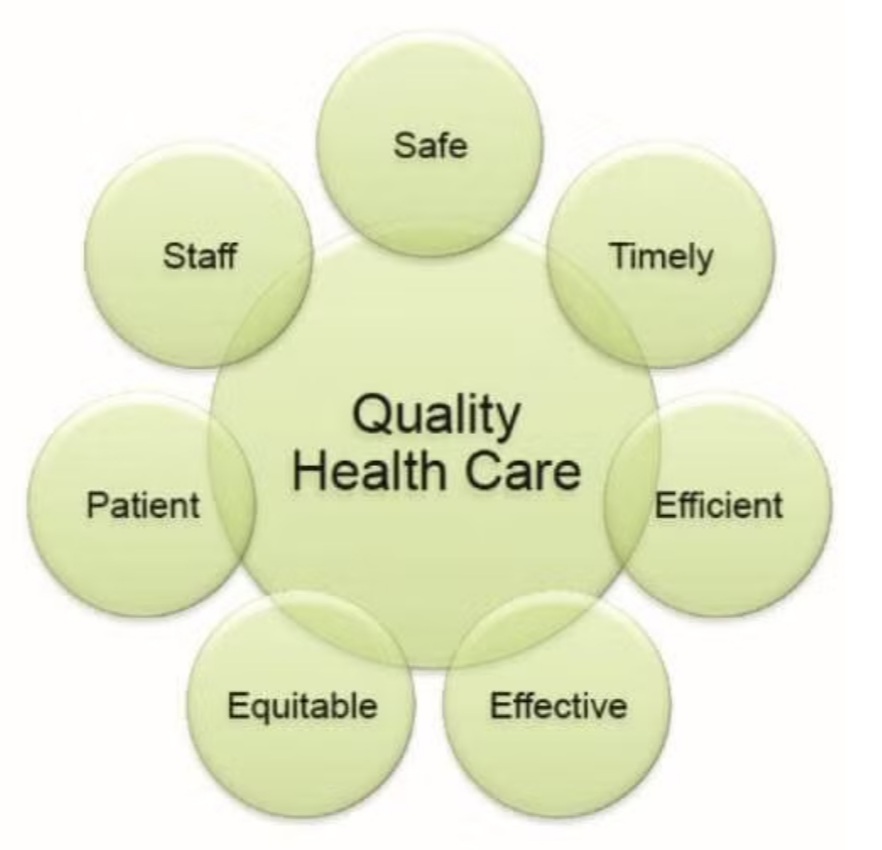Dr. Debashish Dewan, FRACGP (Fellow of the general practice) from The Royal Australian College of General Practitioners.
Topic: The Australian Health System in brief:
Australian’s
Health system is one of the best health systems in the world, providing safe
and affordable health care system for all Australians. It is jointly run by all
levels of Australian Government- Federal, state, territory and local.
There
are many providers of health care in Australia:
Primary
care services
Medical Specialist
I
General
Practitioners (GPs)/family Physician.
I
Allied
Health workers—Physiotherapist, Dietician, Chiropractor, Occupational
therapist, psychologist, Podiatrist, Speech Pathologist.
I
Nurses/Midwife/Dentist/Optometrist.
A
Brief Picture about the General practice in the Australian health system.
In
Australia GP is usually the first person to see if you have any health concern.
In Australia general practice forms a core part of the health system, with
general practitioner (GPs) having a gatekeeper role for patients to receive
care from other health services, including specialists. GPs manage the care of
patients across their lifespan and have roles in preventive health care,
chronic condition management, multimorbidity and population health…..etc.
Services provided by the GP:
- Initial Diagnosis and treatment.
- Family practice
- General practice
- Medical and health check-ups, health screening.
- Health related Information and advice.
- Health and nutrition advice.
- Coordinating with other healthcare providers.
- Prescription of medications.
- Ordering of screening and medical tests.
- Early intervention for those at risk.
- Management of acute and chronic conditions.
Referrals to other health professionals including specialist
- Workers’ compensation, motor accident insurance (TAC), driving
fitness medical and Department of Veterans’ Affairs requirements…etc.
In the Australian health system MEDICARE is the backbone of the health system. It is a universal health care scheme for all Australian. It stablishes in 1984. It is completely run by the Government.


Government Responsibilities:
The Australian, state and territory, and local
governments share responsibility for running our health system.
- Medicare Benefits Schedule (MBS)
- Pharmaceutical Benefits Schedule (PBS)
- supporting and regulating private health
insurance
- supporting and monitoring the quality,
effectiveness and efficiency of primary health care services
- subsidising aged care services,
such as residential care and home care, and regulating the aged care
sector
- collecting and publishing health and welfare
information and statistics through the Australian Institute of Health
and Welfare
- funding for health and medical research
through the Medical Research Future Fund and
the National Health and Medical
Research Council
- funding veterans’ health care through
the Department of Veterans’ Affairs
- funding community controlled Aboriginal and
Torres Strait Islander primary healthcare organisations
- maintaining the number of doctors in Australia
(through Commonwealth-funded university places) and ensuring they are
distributed equitably across the country
- buying vaccines for the national
immunisation program
- regulating medicines and medical devices
through the Therapeutic Goods Administration (TGA)
- subsidising hearing
services
- coordinating access to organ and tissue
transplants
- ensuring a secure supply of safe and
affordable blood products
- coordinating national responses to health
emergencies, including pandemics
- ensuring a safe food supply in Australia and
New Zealand
- protecting the community and the environment
from radiation through nuclear safety research, policy, and regulation.
State, territory
and local government responsibilities
- managing and administering public hospitals
- delivering preventive services such as breast
cancer screening and immunisation programs
- funding and managing community and mental
health services
- public dental clinics
- ambulance and emergency services
- patient
transport and subsidy schemes
- food safety and handling regulation
- regulating, inspecting, licensing and monitoring health premise
Shared responsibilities
The Commonwealth also shares responsibility with the states and territories for other activities under national agreements such as the Council of Australian Governments (COAG). These other activities include:
- funding public hospital services
- preventive services, such as free cancer
screening programs including those under the National Bowel
Cancer Screening Program
- registering and accrediting health
professionals
- funding palliative care
- national
mental health reform
- responding to national health emergencies
Find your state or territory health department.
Local governments play an important role in the health system. They provide a range of environmental and public health services, community-based health and home care services.
What Medicare is
Medicare is Australia’s universal health insurance scheme. It guarantees all Australians (and some overseas visitors) access to a wide range of health and hospital services at low or no cost.
Benefits of Medicare
Medicare helps Australians with the costs of the health care they need, regardless of where they live or their ability to pay.
Eligibility for Medicare
To be eligible for Medicare, you must:
- Be an Australian or New Zealand citizen
- Be an Australian permanent resident
- Have applied for permanent residency (some
conditions apply)
- Be a temporary resident covered by a
ministerial order
- Be a citizen or permanent resident of Norfolk
Island, Cocos Islands, Christmas Island or Lord Howe Island.
What Medicare covers
Medicare subsidises the costs of:
- Hospital services
- Medical services
- Tests, imaging, and scans.
Under Medicare, The Pharmaceutical Benefits Scheme (PBS) is one of the best schemes in the world.
Under the Pharmaceutical Benefits Scheme (PBS), all Australians get necessary prescribed medicines without paying full price.
The PBS is part of the Australian Government’s National Medicines Policy. The PBS started in 1948. The National Medicines Policy aims to balance good health results with the cost of the medicines.
The government subsidises the cost of medicine for most medical conditions, through the PBS.
Through this Medicare system Australian has reciprocal health care agreements. Under this reciprocal agreements Australian visitors can get publicly funded medically necessary care until you get back to your home (Australia). It is a very fantastic system in the Australian health system.
The 11 Countries are:
- Belgium
- Finland
- Italy
- Malta
- the
Netherlands
- New
Zealand
- Norway
- the
Republic of Ireland
- Slovenia
- Sweden
- the
United Kingdom.
Australia’s Healthcare System is one of the most comprehensive in the world; offering a range of services from general and preventative health, through to treating more complex conditions, that may need a specialist, or hospital care.
The system has two major parts: The public health system, and The private health system. When you need health care, you could access it through one of two systems, or a mix of both.
The public system is made up of number of components, including public hospitals, community-based services, and affiliated health organisations largely owned and governed by state and territory governments. The Australian public accesses care within the public health system for free or at a lower cost through Medicare (funded by Australian people tax).
The private system includes health service providers that are owned and managed privately, such as private hospitals, specialist medical and allied health, and pharmacies.
The services you access through the public system are funded by local, state and federal governments, but the services you access through the private system are funded by a combination of government and private entities, including:
- Private health insurance premiums – paid by
customers
- Private
health organisations
- People
paying directly for private treatment
- Government
incentives on private health insurance
- Other
government and private funding
In the lead up to, and during a hospital visit, health professionals, including doctors and specialists, can provide treatment through either the public or the private system.
There are a few areas of the healthcare system you’re likely to encounter as you move through life, especially if you need to go to hospital in Australia.
The advantage of having two system in Australia, those people can afford they can choose private system but the public system for all the Australian (Medicare).
Australian Health system challenges
Australian health system challenges include:
- An ageing population and increasing demand on
health services.
- Increasing rates of chronic disease
- Costs of medical research and innovations.
- Making the best use of emerging health
technologies
- Making better use of health data.
These challenges look set to continue in coming decades.
Even though Australia ranked 5th overall in the 2022 world Index of health Innovation.
- funding public hospital services





